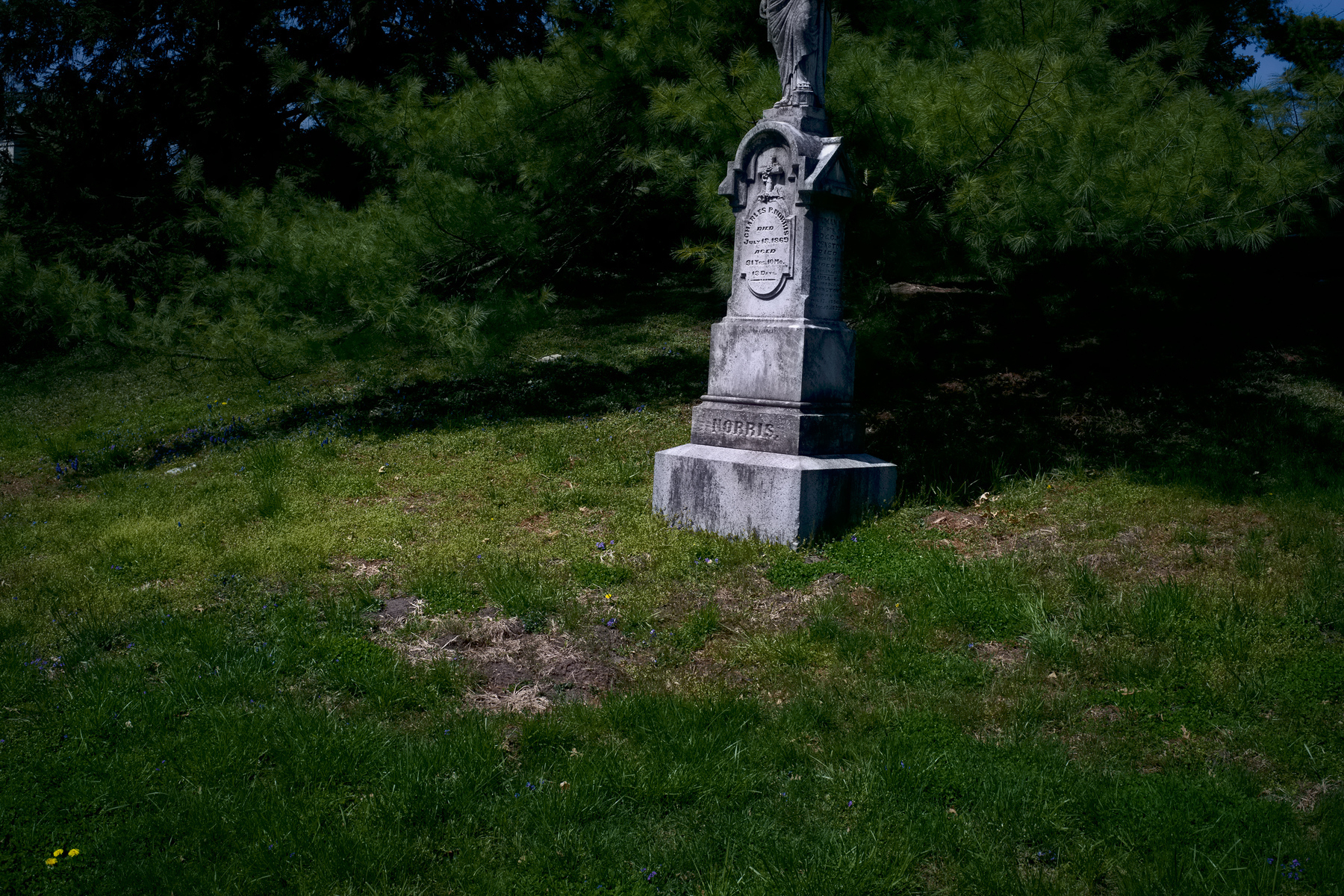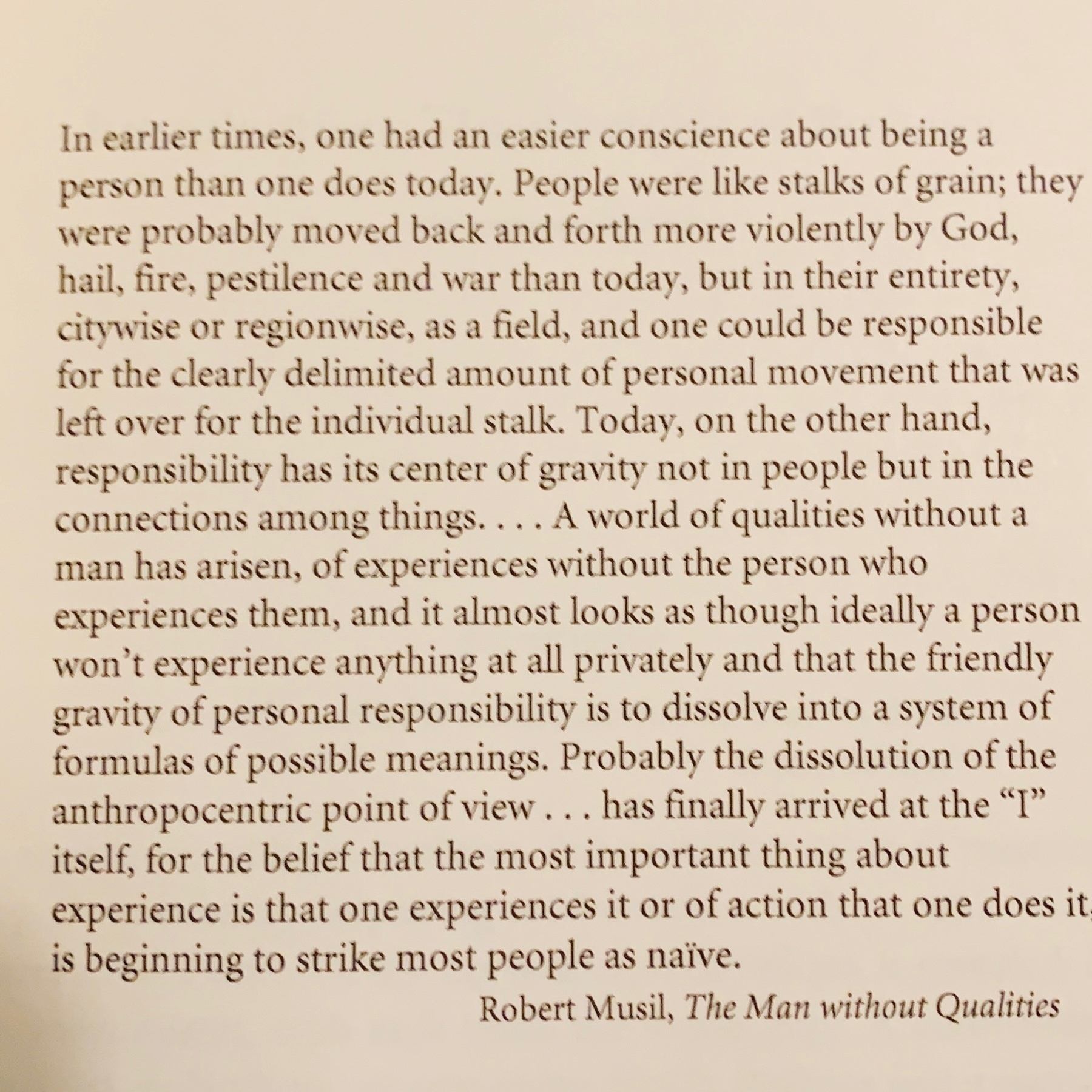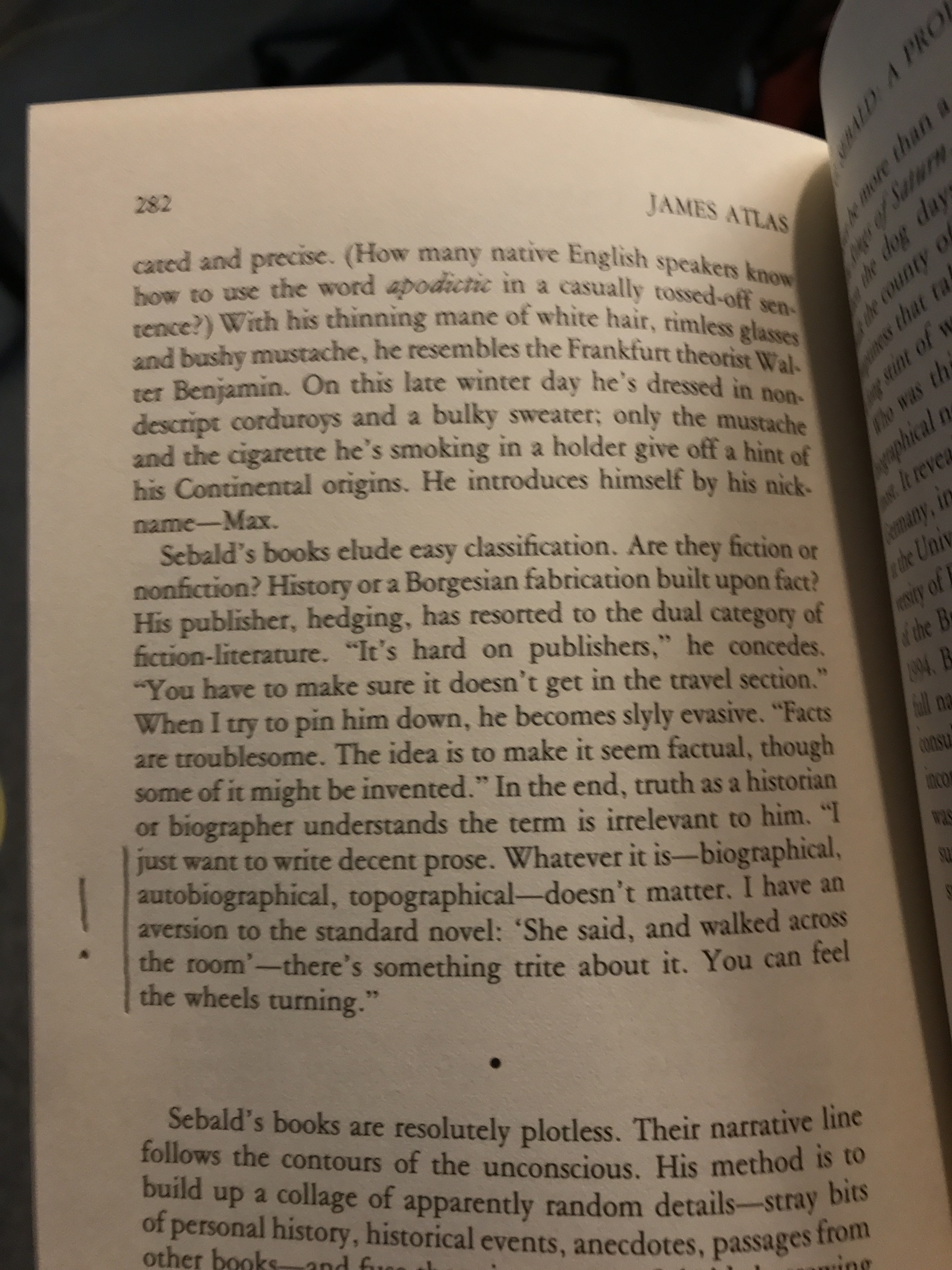Stefan Zweig had the good fortune to be born in Austria in the last decades of the nineteenth century, a Jew in an enlightened Viennese society that prided itself on being the crown jewel of European civilization. He was a best-selling and well-connected writer in a culture that highly valued writers, and he knew he had been born into lucky times, calling it “the Golden Age of Security.” But then the golden age came to an end. This memoir documents how he witnessed the destruction of the culture that had afforded him such privilege.
Zweig’s literary reputation has fallen over time, to the point where his fiction isn’t so widely read, but this book is very good, full of candor and lament for a vanished life. It’s worth reading because Zweig wound up in the first row for many of the main events of European self-destruction in World War 1 and 2, and his insights especially about Nazism are keen.
On a lovely summer day in 1914, Zweig is reading a book in a park in Vienna, the most cultured city of all Europe, while a band plays music under a pavilion off in the distance.
…I heard the melodies distinctly without being disturbed by them, for our ear is so capable of adapting itself that a continuous din, or the noise of a street, or the rippling of a brook adjusts itself completely to our consciousness, and it is only an unexpected halt in the rhythm that startles us into listening. And so it was that I abruptly stopped reading when the music broke off abruptly.
The band had stopped playing because an announcement had just been posted on the pavilion: Franz Ferdinand had been assassinated.
In the aftermath of the assassination, Zweig lays low in Belgium as European governments gird for what is to come. He and his friends mull over the possibility that Germany might invade Belgium, but he concludes naively that the sanctity of treaties would always hold. Then he hears that Austria intended to declare war on Serbia, and he takes the last train out of Belgium, thinking that he was leaving a country at peace to return home as a loyal Austrian. But as soon as the train crosses into Germany, it is halted to make way for German trains going in the other direction. As he watches out the window, he clearly sees the silhouettes of cannons under tarps on the open freight cars, and knows that war will be all around him.
Coincidentally, he has another historical encounter on the rails just a few years later, in March of 1919, again returning for a visit to Austria, this time from Switzerland. He is stopped at a border station when a train pulls in on the opposite side of the tracks. It is Emperor Karl 1, leaving in disgrace, dethroned, forever putting an end to the rule of the Habsburgs.
By the time that Hitler arrives on the scene, Zweig’s sanguine faith in overarching European civility has been lost, and he is not surprised when he comes to the Nazis attention as a Jewish writer. At this point his house in Salzburg was so close to the German border that “with the naked eye I could view the Berchtesgarden mountain on which Adolf Hitler’s house stood, an uninviting and very disturbing neighborhood.” He is clear-eyed enough to see that he must put more space between the two of them, and thus begins the wandering which will be his fate for the rest of his life, first deciding on London as a base.
In 1938, when news breaks that Chamberlain and other Western European leaders have come to an accord with HItler in Munich, Zweig finds that he can’t speak to the optimistic Englishfolk of the calamitous betrayal which he sees coming, as he is now merely “a stranger, a tolerated guest” who must remain on good manners. Conversely, taking a final farewell visit to Austria, he feels that as one who has abandoned his family and compatriots, he can’t speak the dire truth about their situation. Trapped between worlds, cut off from his people, banned in his own language, the world in which he was an accomplished public figure is now the world of yesterday.
The book ends with a short postscript from his publisher, noting that one of Zweig’s last acts was to post the manuscript to him from exile in Brazil, before committing suicide with his wife.
📚


